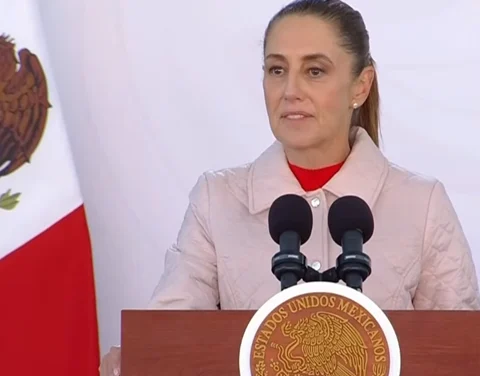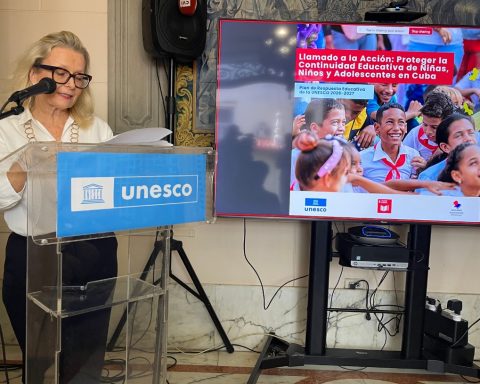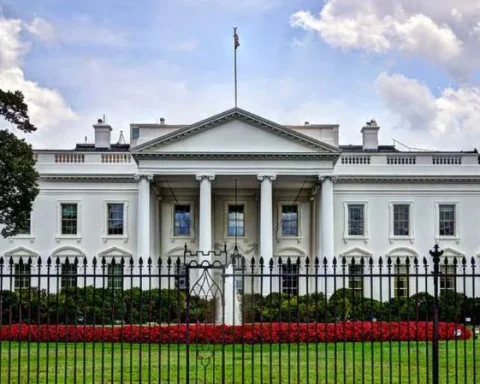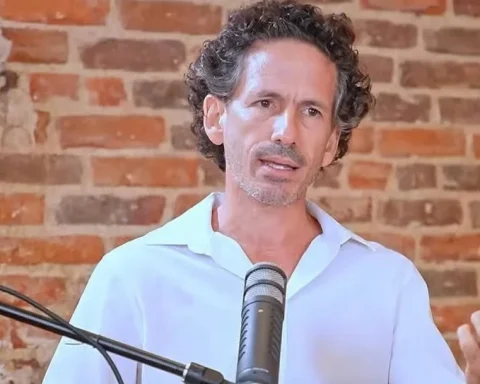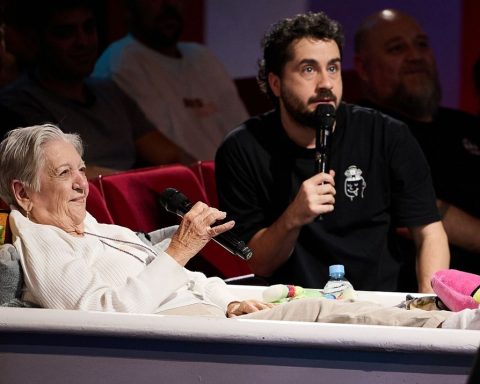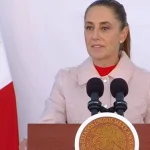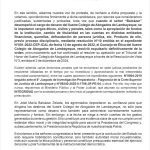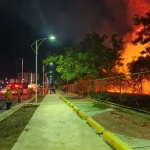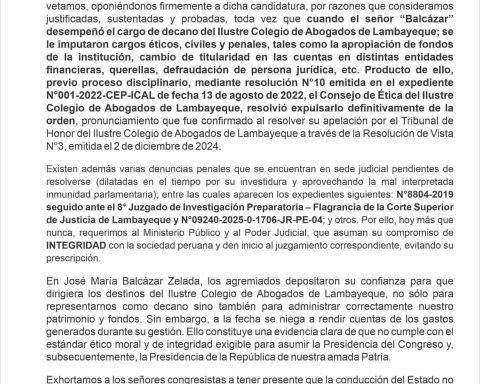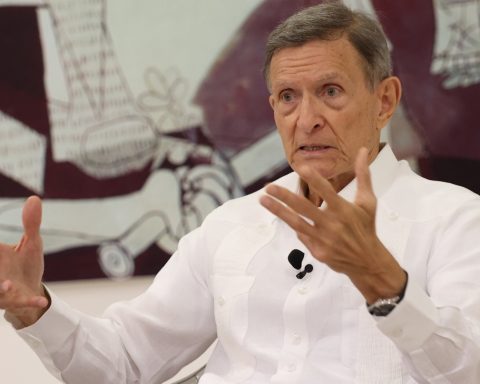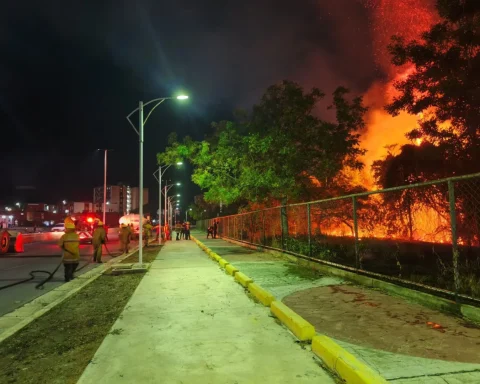The International Congress on Children, Adolescents and Youth stimulated thinking during the last three days in Cuba about the challenges that these population segments face today and the possible solutions to their problems.
The event brought together almost a thousand delegates from 13 nations at the Convention Center in this capital, motivated to reflect on the impact of Covid-19 and greater activism, equity and social justice, with a positive balance in terms of maturity and quality of the reflections, according to the director of the Center for Studies on Youth (CESJ), Keyla Estévez.
In the opinion of the researcher, the issues under discussion were essential for the advancement of the design on the island of a comprehensive policy of care for children and youth, as well as for the necessary integration between the academy and the authorities.
Just to mention a few examples, on the table for analysis was the participation of young people as active subjects of change, food sovereignty, protective environments, the new Family Code project, racial discrimination, demographic dynamics, gender violence and labor insertion.
Among the delegates to the meeting, the Congolese sixth-year medicine student Yann Syldick presented a study of addictions related to the excessive use of technologies and social networks caused in children and young people by the pandemic, which generated loss of social skills , addictions and behavior disorders.
When I heard about the Congress I immediately became interested in participating, because this is a great opportunity to share with prestigious researchers from other institutions in the country and enrich and contrast our knowledge, he told Prensa Latina, while thanking his training at the Latin American School Medicine interest in science.
The working sessions of the event were also a propitious moment to present the World Population Report on the day of its launch by UNFPA, and thus promote the problematization of an issue such as unintended pregnancies, which today represent half of those that occur , to the detriment of the development of societies and women.
Prensa Latina learned exclusively about the actions carried out by the Federation of Cuban Women for the prevention of teenage pregnancy, with emphasis on the promotion of sex education, teacher training, community actions and the encouragement of communication between parents and sons.
The exchange between the delegates was accompanied by the highest authorities of youth and student organizations, as well as invited personalities, who also inaugurated the exhibition Cuban Youth, 60 years in Revolution.
This exhibition collects part of the history of the participation of children, adolescents and young people in the main tasks of economic, political and social impact on the island.
Aylín Álvarez, first secretary of the Union of Young Communists of Cuba (UJC), drew attention during those days to the need to adjust to the dynamics of the time in order to sustain the power of convocation and mobilizing effectiveness, in complex times due to confrontations of the virtual world and social networks.
At the end of the meeting, the member of the secretariat of the Central Committee of the Communist Party of Cuba (PCC), Jorge Luis Broche, highlighted the quality and rigor of the event’s proposals, while recognizing the work of the CESJ, together with the UJC and the José Martí Pioneers Organization, these last groups that will arrive next Monday to a new anniversary.
The next International Congress of Researchers on Childhood, Adolescence and Youth was convened for April 2024 in Cuba, and until then workshops and other specific events will take place, which will provide this edition with comprehensive results and also new challenges.
